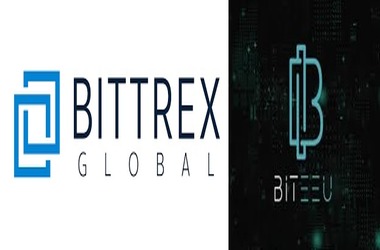 Aircraft manufacturer Boeing is collaborating with global aerospace behemoth Honeywell to utilize the latter’s blochain technology based GoDirect platform to monitor and sell $1 billion worth surplus aircraft parts.
Aircraft manufacturer Boeing is collaborating with global aerospace behemoth Honeywell to utilize the latter’s blochain technology based GoDirect platform to monitor and sell $1 billion worth surplus aircraft parts.
The collaboration was disclosed at the Hyperledger Global Forum 2020 in Arizona.
General manager of Honeywell, Lisa Butters, stated that offers related to the parts were posted on the GoDirect Trade marketplace this past week.
The aviation sector has been depending on a cumbersome bunch of paper works related to each unique spare part, prevailing safety criteria and orgin of manufacturer.
The documents also need to be shared between parties located at various locations, restricting the market for aviation spare parts from going online due to fraud worries.
Per se, GoDirect Trade aims to take the aviation parts sector to go online, with Butters forecasting that only 3% of the $14 billion market is transacted online.
Aircraft parts usually exchanges hands at least four times before getting decommissioned, underlying the advantages offered by distributed technology for certifying the originality of requisite documents.
Honeywell’s GoDirect platform consists of a tailor-made version of Hyperledger Fabric’s open-source code that rolled out less than two years before.
Butters has pointed out that in its initial year, GoDirect Trade generated revenue worth $7 million and anticipates the amount to triple by the end of 2020. GoDirect has roughly 6,500 registered clients from 2,400 enterprises.
Lisa Butters brushed away disparagement of permission-ledgers like HyperLedger Fabric, stating:
“GoDirect Trade runs on Hyperledger Fabric. If anyone argues about the fact that this is a permission-based network that is supposed to be decentralized then they are killing the dream of enterprise blockchain before it starts. There is no way you will get Fortune 500 companies participating in blockchain networks and sharing data if there are not permissioned around that. You need some constraints for enterprises to operate in.”
Last week, Ernst & Young, ConsenSys and Microsoft stated the roll out of their open-source Baseline covenant, consisting of a tokenization and smart contract platform on the Ethereum blockchain structured for corporates.
Access to the platform’s code was given to chosen developers, with a public roll out anticipated to happen later this month.








